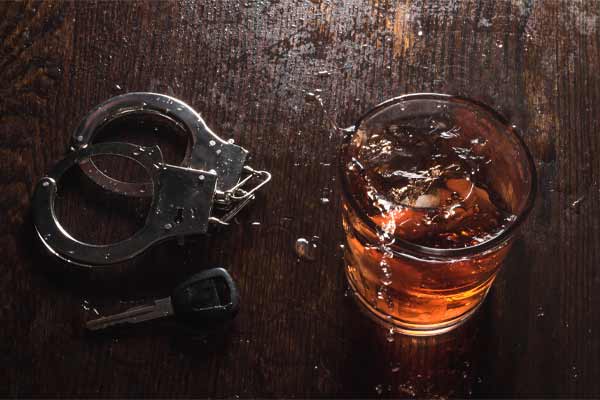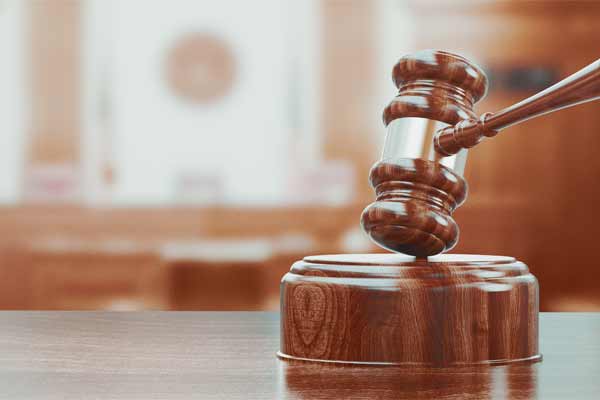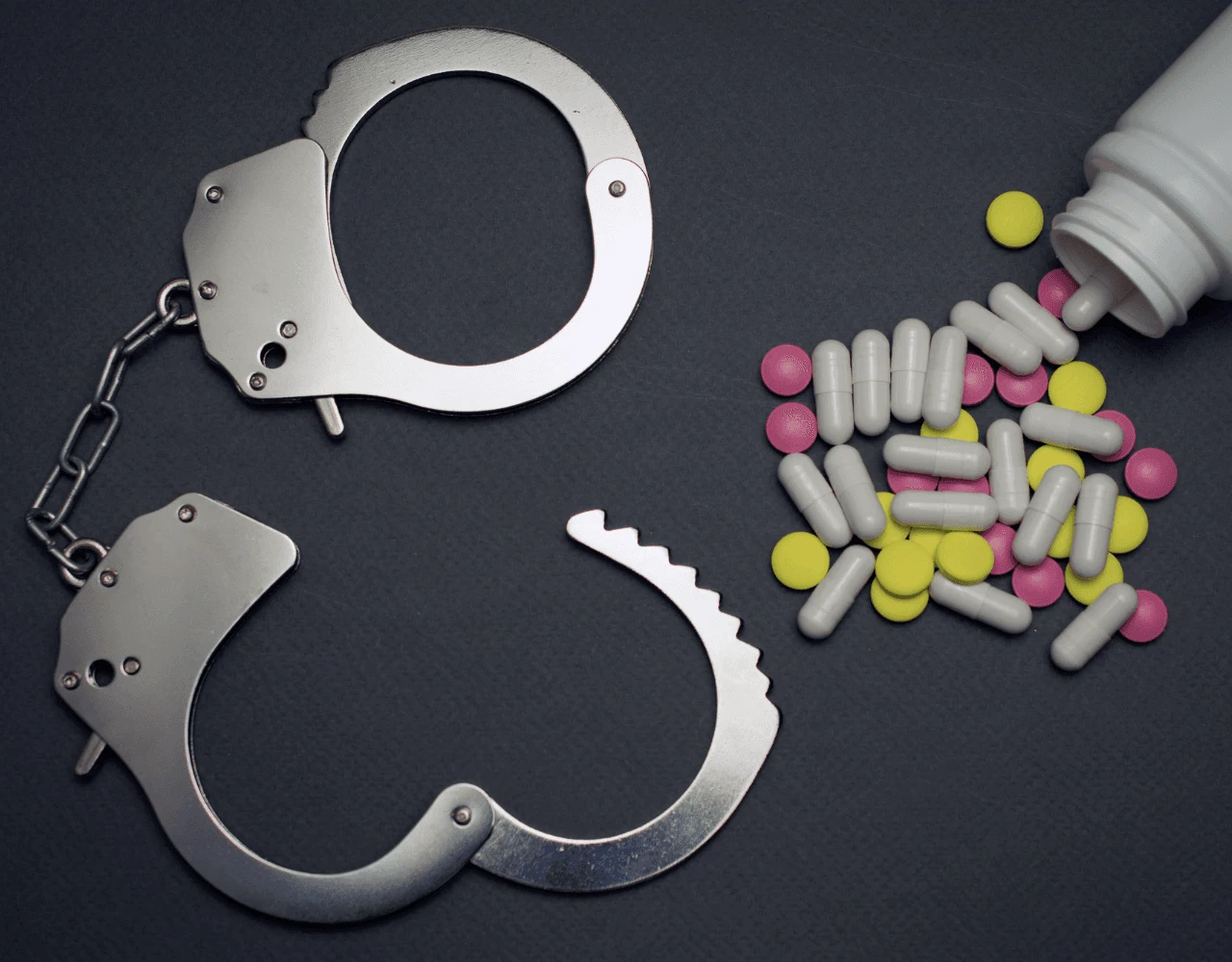Alternative Sentencing Options for Drug Charges in Chicago
2025-04-23T13:15:00
A drunk driving case starts when you get pulled over in your motor vehicle. If law enforcement officers suspect that you are driving under the influence of alcohol or drugs, you will be asked to submit to a series of field sobriety tests. You may also be asked to take a chemical test. If police officers believe that there is enough evidence for a drunk driving case, you will be issued a citation at the Illinois jail followed by drunk driving prosecutors at the Solicitor-General’s or District Attorney’s office starting to compile a DUI case against you.
The citation that you’re issued at the county jail contains an initial court date, which is called the arraignment date. An arraignment hearing is simply the time when plea guilty or not guilty. A not guilty plea is typically entered on your behalf at your first arraignment hearing which allows your Chicago DUI criminal defense lawyer the chance to access and review the evidence against you. Once that’s completed, the negotiations for a plea agreement start if you want to enter a guilty plea at a later time or your DUI criminal defense lawyer works to get your case together for the trial process.

Many times in Illinois arraignment hearings are conducted several times during which sufficient evidence is being gathered and your DUI criminal defense attorney is negotiating with prosecutors. If you decide to contest an Illinois DUI case, the next step is motions. A motion hearing is critical because it offers your DUI criminal defense attorney the opportunity to cross-examine the arresting police officer under oath and get further information that may later be valuable at trial. If motion hearings don’t resolve your Illinois intoxicated driving case, then a court trial is your next step. You have the right to elect for a court trial by a judge or jury in Illinois.
Getting into a motor vehicle accident makes a DUI case worse in terms of the ultimate punishment, even if nobody suffers bodily injuries, including the driver. The prosecutor and the judge will treat that more seriously. Other factors that can make the DUI case worse are if the drunk driver refuses the chemical test. Legal consequences will be harsher if the drunk driver has a high blood alcohol concentration.
In Illinois, there is an enhancement if the person’s blood alcohol content is above 0.16, the drunk driver will face enhanced criminal penalties, including mandatory minimum jail sentences. The Illinois Department of Motor Vehicles (DMV) may require a defendant to complete a longer jail sentence of 90 days in jail for a third DUI offense.

Excessive speeding during a drunk driving case enhances the jail sentence and makes the DUI case worse. A DUI case can even be made worse if the drunk driving incident occurred in a safety or construction zone. There could be an enhancement for driving while drunk with a minor under the age of 16 in your vehicle. Here, you’re likely to be charged with a misdemeanor offense or felony child endangerment offense, which takes longer to resolve. That charge carries additional penalties, consequences, and probation far beyond what the driving under the influence could impose.
An underage driver can also face additional penalties because they would lose their driving privileges for a year. And, obviously, if anyone suffered physical injuries, the criminal penalties would be more severe and the case will take longer to resolve.
The most common mistake people make is giving the police officer too much information. It will be difficult to negate those field sobriety tests if an individual said too much about how much they had drunk. Having a bad attitude with the law enforcement officer can make the police report look even worse, which can complicate your DUI case. Performing poorly on the field sobriety tests is also bad and could complicate your case, causing it to take a long time to resolve.
Your experienced lawyer needs to know if you have ever been arrested or convicted of drunk driving before. In Illinois, it is considered a second DUI offense if you’re arrested and charged within 5 years of your previous DUI conviction. Prosecutors typically can see a previous drunk driving conviction on someone’s public criminal record, even if was more than 15 years earlier, but in that instance, you won’t be charged with a second DUI charge. Still, that can make your punishment more severe because, even if the first DUI was more than 10 years ago, the current DUI offense isn’t truly the first DUI offense.
Illinois has an implied consent law, which that every person with a driver’s license, or who drives a motor vehicle in Illinois roadways agrees to submit to chemical testing, a blood test, or a breath test if law enforcement has reasonable suspicion to believe they’re driving under the influence. The DMV will revoke their driver’s license for at least one year on a 1st offense, and three years on a 2nd offense within the last five years. Unlike other DUI license suspensions, there won’t be an opportunity to get a restricted license to drive to and from any alcohol classes or to and from work.
It’s daunting for a person with no legal training or experience to assess the strengths and weaknesses of a drunk driving case. Drunk driving laws are complicated and constantly changing, and the facts of every impaired driving case are unique.
Most DUI criminal defense lawyers provide potential clients with a free consultation. But even if you have to part with a small fee, it’s money well spent in the long run. Bring your case documents and the police report to the consultation to get the maximum benefit of your time. Also, it may be helpful to bring a list of questions you want to get answered.
You don’t have to hire every DUI lawyer you consult with. But meeting in person is a good way to access whether things could work out with a DUI attorney you’re thinking of hiring.

The prosecution office usually has a standard first-offense plea deal. This means that prosecutors offer every person the same plea deal—which is often at the lower spectrum of the allowable first-DUI jail time. Typically, a criminal charge is considered a “standard first DUI offense” if the DUI offender has no previous drunk driving convictions and the criminal offense didn’t involve any aggravating factors such as physical injuries, motor vehicle accidents, or a particularly higher blood alcohol concentration.
Typically, the standard plea offer is the same no matter whether the DUI offender is represented by a public defender, private attorney, or no DUI lawyer at all. So, it would seem that hiring an experienced attorney in a standard first intoxicated driving case isn’t worth it. This conclusion is often true in some DUI cases. However, in practice, the standard plea offer is typically just a starting point.
Experienced DUI criminal defense attorneys can often whittle down the standard plea offer by bringing mitigating factors to the prosecution’s attention or pointing out weaknesses in the prosecutor’s case. Accepting a standard plea offer isn’t a good idea in DUI cases where the defendant has viable legal defenses. However, an unrepresented DUI offender isn’t likely to know whether there are any such legal defenses. So, before accepting a plea deal, it’s essential to at least get a DUI lawyer’s opinion.
Only a skilled Chicago DUI attorney will know how to navigate the Illinois DUI Process to ensure you get the best possible outcome. The Chicago DUI criminal defense lawyers at Ktenas Law are trained by the same people prosecuting your drunk driving case. If there’s a viable legal defense to your case, our criminal defense team will find it. If there aren’t our knowledgeable DUI lawyers will negotiate for the most favorable plea bargain.
The Law Office of Alexander Ktenas can help you decide which legal option is preferable for your DUI case and we’ll answer any questions. To schedule a no-cost initial consultation, contact our Chicago criminal defense law firm today at (312) 756-8652.

2025-04-23T13:15:00

2025-04-07T11:50:40

2025-03-24T11:55:03

